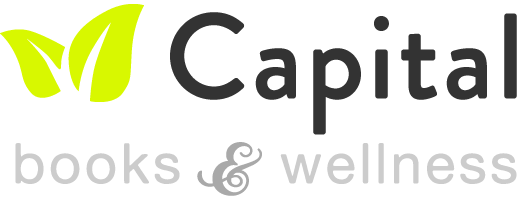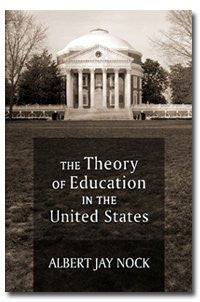-
The Theory of Education in the United States
Ludwig von Mises Institute
-
$2,470.00
-
is back-ordered. We will ship it separately in 10 to 15 days.
-
-
Description
It is hard to say what is most notable about this book published first in 1931:
1. Albert Jay Nock's incredible disquisition on the real meaning of education and its role in a free society.
2. That these lectures were given at a university as part of a prestigious Page-Barbour lecture series.
3. That they were delivered at a "public ivy" school: the University of Virginia.There is no way such a lecture series could appear on a campus of this sort today. For in these lectures, Nock goes to the heart of the matter of what is wrong with the structure of education in the United States: the policy, imposed by government, of universal admissions on the theory that everyone is equally educable.
The book is made up of 14 lectures, each one building on the other. He begins with an understanding of what it means to be an educated person. He discusses the dissatisfaction of nearly everyone that US schools are not in fact turning out educated people. He turns to reform movements in education and provides a shocking round up of their history (keep in mind that this is 1931). He then spells out the difference between training and education and how Americans have completely overlooked the difference in the course of seeking economic and social uplift for everyone.
"Our system is based upon the assumption, popularly regarded as implicit in the doctrine of equality, that everybody is educable. This has been taken without question from the beginning; it is taken without question now. The whole structure of our system, the entire arrangement of its mechanics, testifies to this. Even our truant laws testify to it, for they are constructed with exclusive reference to school-age, not to school-ability.
170 pages, paperback

